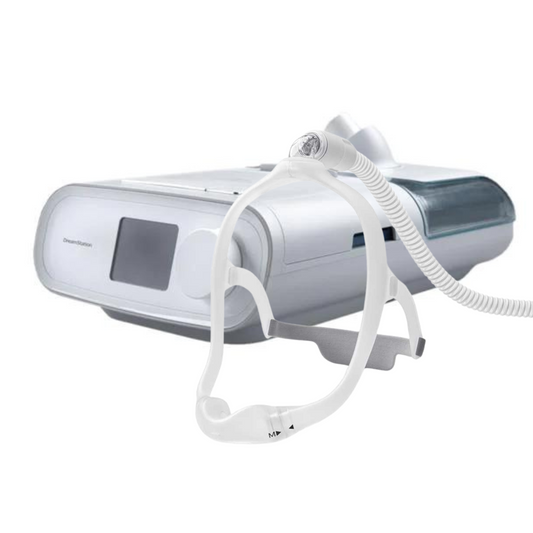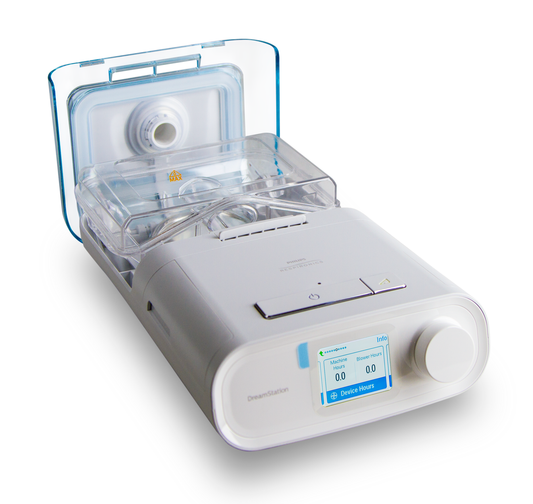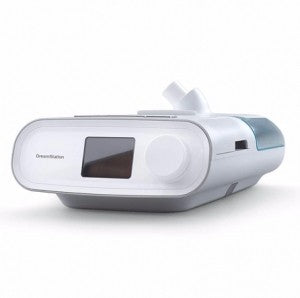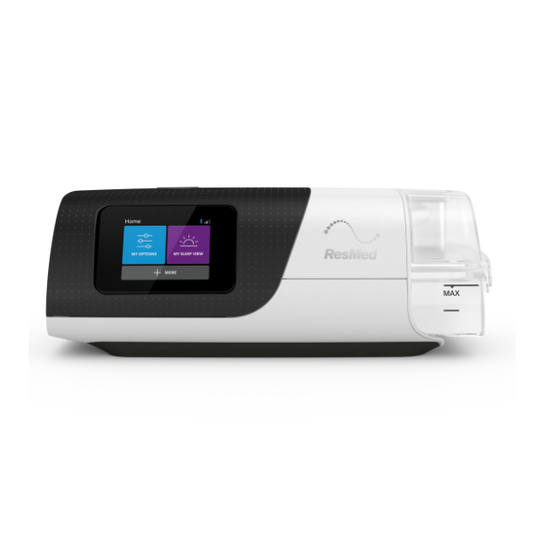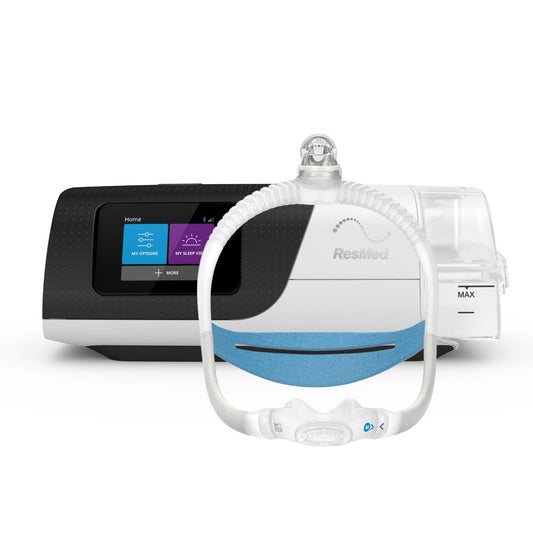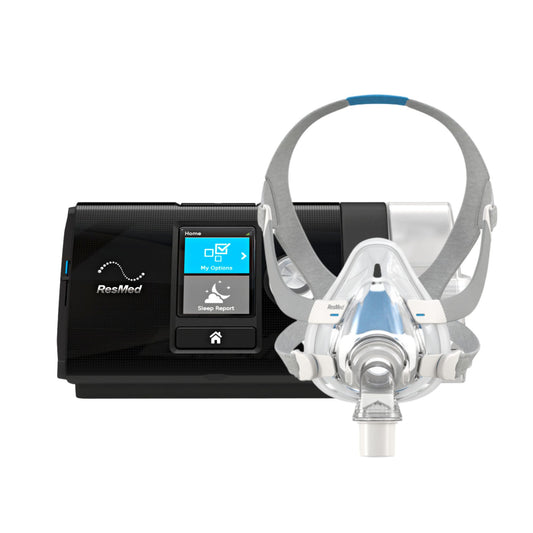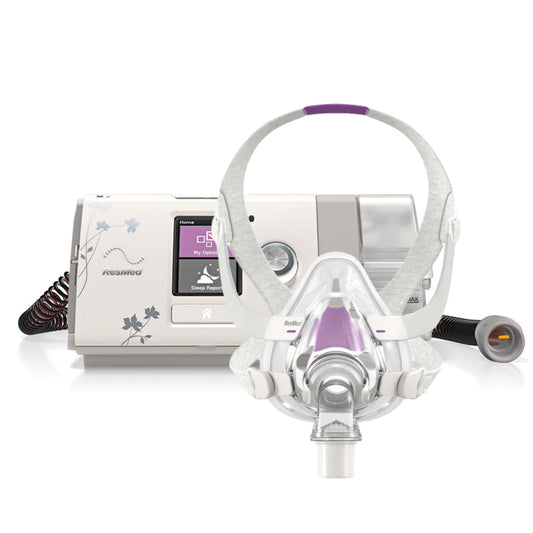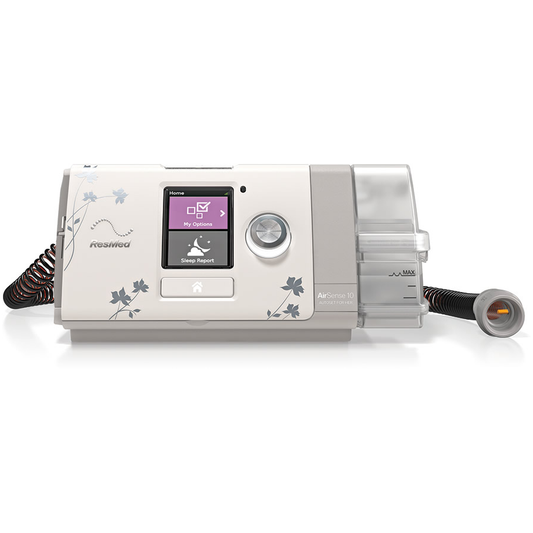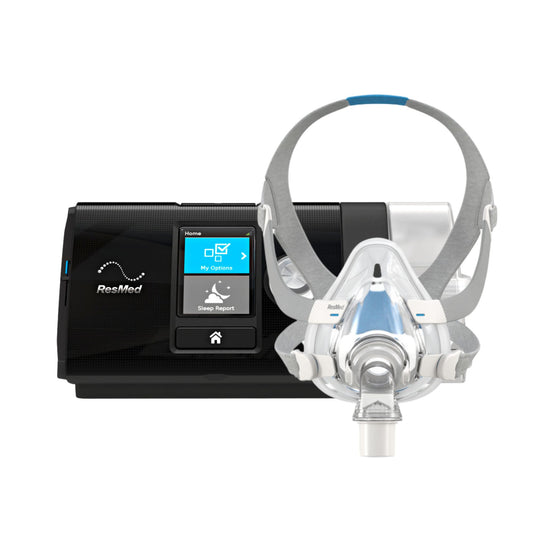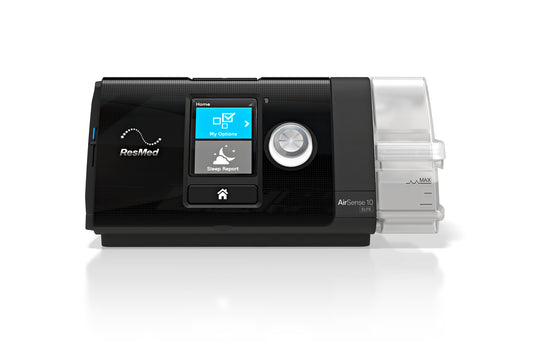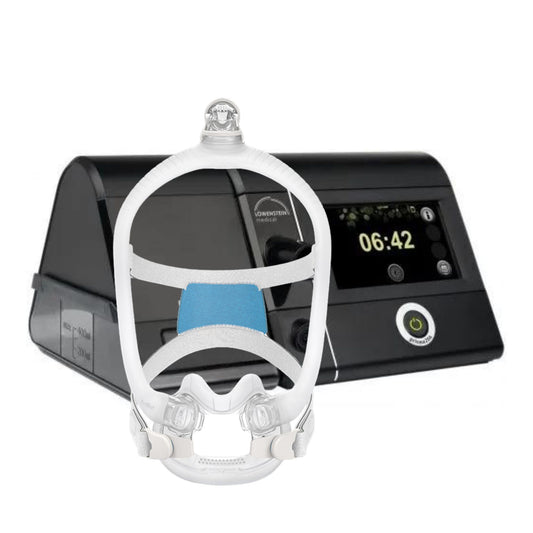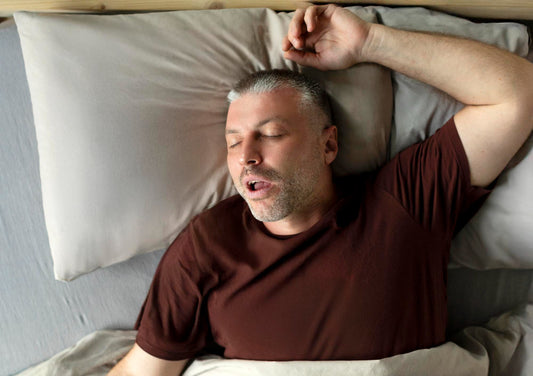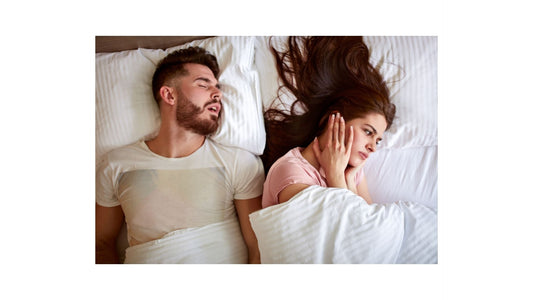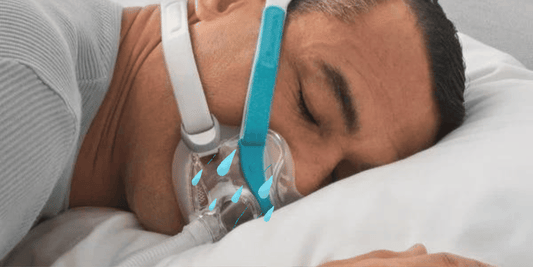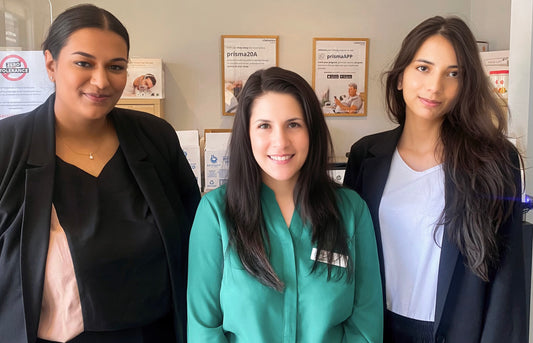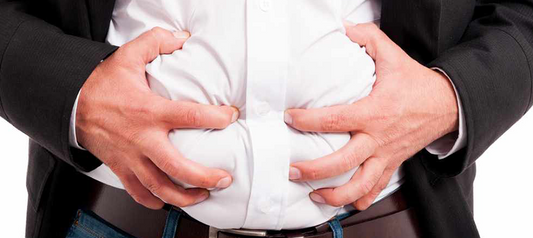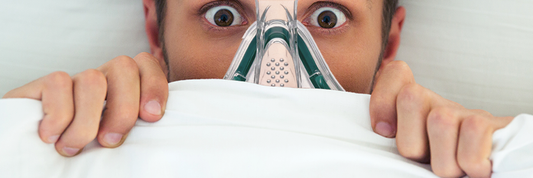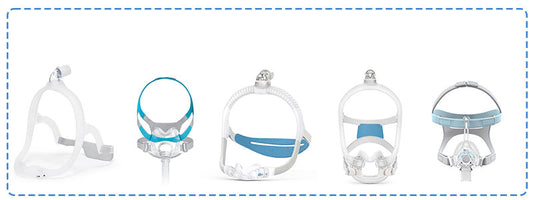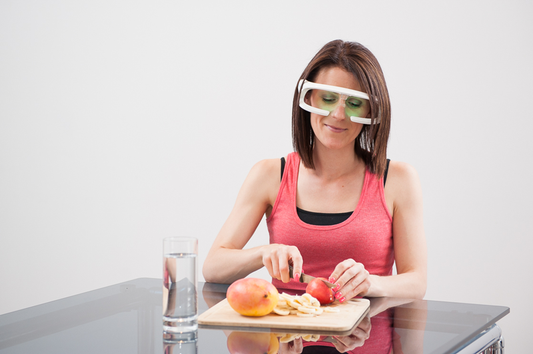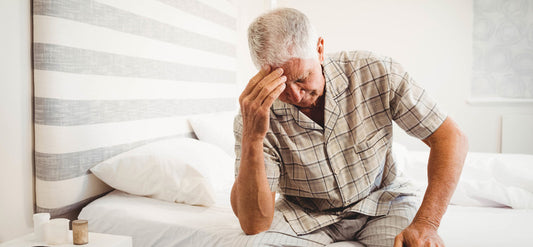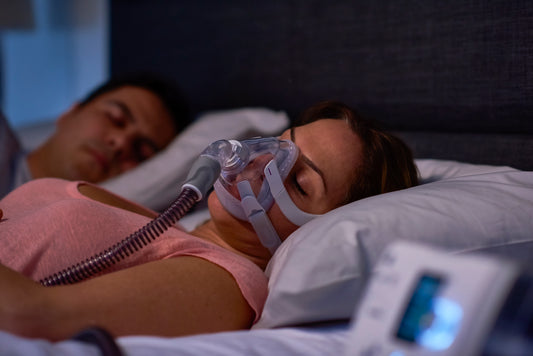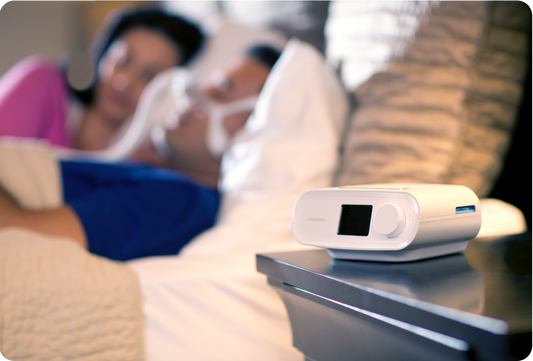For centuries sleep was believed to be a mere state of passive activity wherein the body and mind take a break to “rest”. However, sleep studies in modern times indicated that sleep is actually a second state complete with varied complex physical and mental activities.
Sleep is an important physiological process for humans and even for most animals with large brains. Sleep deprivation causes one to feel tired and irritable, become less efficient, less creative, commit more mistakes, develop illnesses and even gain weight.
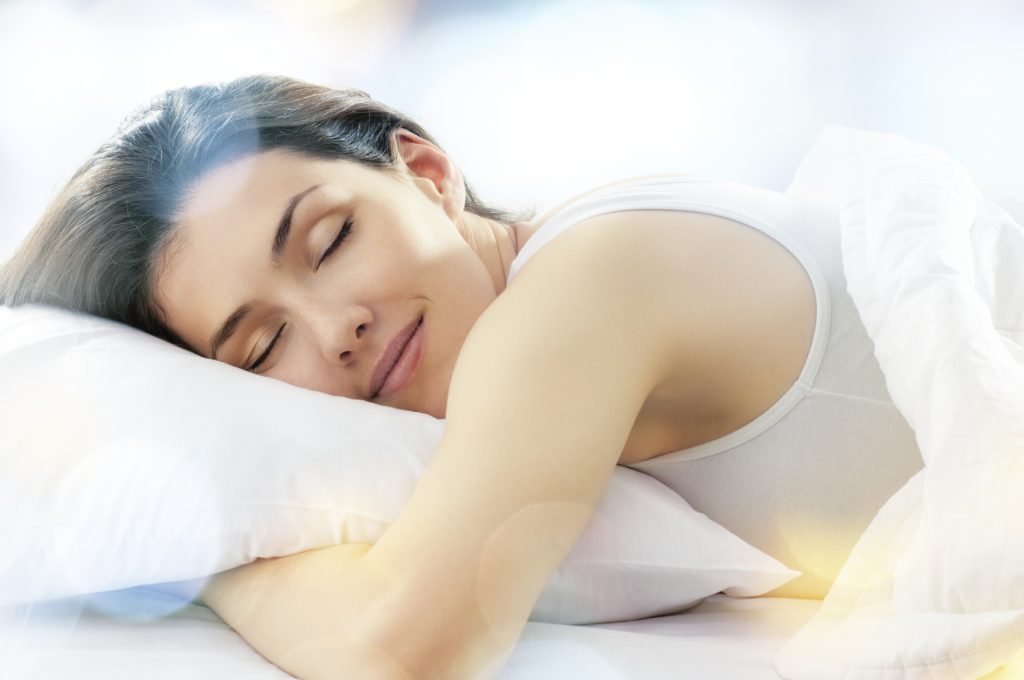
How Much Do You Know About Sleep?
A person feels sleepy because he needs sleep. This premise is simple enough. But how much do you know about sleep? Below is a short sleep quiz. Answer with T or F.
National Sleep Foundation Sleep Test
- During sleep, your brain rests.
- You cannot learn to function normally with one or two fewer hours of sleep than you need.
- Boredom makes you feel sleepy, even if you have had enough sleep.
- Resting in bed with your eyes closed cannot satisfy your body’s need for sleep.
- Snoring is not harmful as long as it doesn’t disturb others or wake you
- Everyone dreams nightly.
- The older you get, the fewer hours of sleep you need.
- Most people don’t know when they are sleepy.
- Raising the volume of your radio will help you stay awake while driving.
- Sleep disorders are mainly due to worry or psychological problems.
- The human body never adjusts to night shift work.
- Most sleep disorders go away, even without treatment.
Scores for National Sleep Foundation’s Sleep IQ Test
- False – The body rests but the brain remains very active,
- True – Sleep is a biological need although actual amount needed seems genetic.
- False – Boredom does not cause sleepiness but rather unmasks it.
- True – Sleep is an active and biologically necessary process.
- False – Snoring may be a symptom of sleep apnea, a serious disorder.
- True – There is a variation but everyone dreams every night.
- False – Sleep remains unchanged throughout adulthood although older people wake more frequently.
- True – People are not good judges of when they are sleepy.
- False – The only short-term solutions are a short map of caffeine.
- False – Actual sleep disorders have a variety of causes.
- True – Your circadian rhythm is set by light and dark cycles, therefore you are sleepy during midnight to 6 a.m. and sleep is difficult during the daylight hours.
- False – Sleep disorders do not disappear without treatment, in fact they get worse
Sleep is an integral and important process that each person needs to be healthy, alert and efficient mentally, emotionally and physically. Not getting the required amount of sleep will eventually cause a person to deteriorate.
If you have trouble falling and staying asleep, it is possible that you could have developed a type of sleeping disorder, or sleep apnoea. The best course for you is to consult with a qualified sleep doctor for initial assessment.
OR
Call CPAP Victoria at: 1300 750 006
